China Trade Week 2019 to be held from June 19th – 21st, 2019
Kofi Kingston Presents WWE Title To Asantehene at Manhyia Palace
Kumasi / June 2, 2019
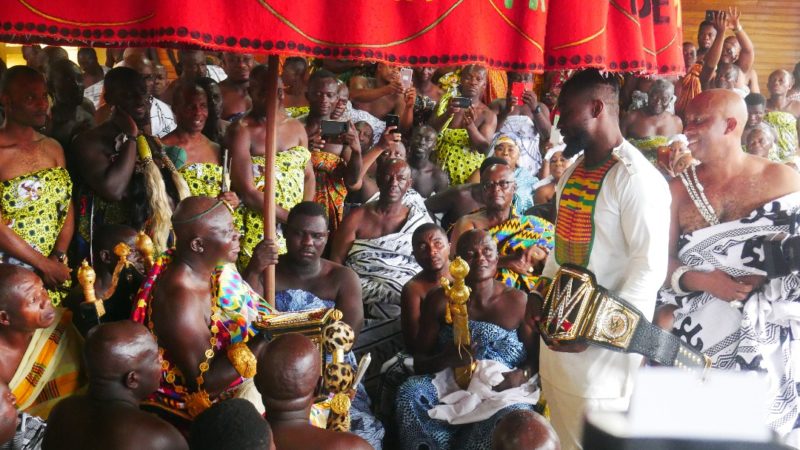
The Akwasidae Festival is an important day for the Ashanti people. Celebrated on a Sunday every six weeks, Chiefdoms from across the Ashanti Region travel to Manhyia Palace. This is the day that the current ruler of the Ashanti Kington, Otumfuo Osei Tutu II, sits on the throne in the courtyard of the palace to meet the thousands who have travelled from across the country and the world, to pay homage to him. At this festival, the king holds his durbar and it’s only during this festival when so many people are given permission to shake hands with him.
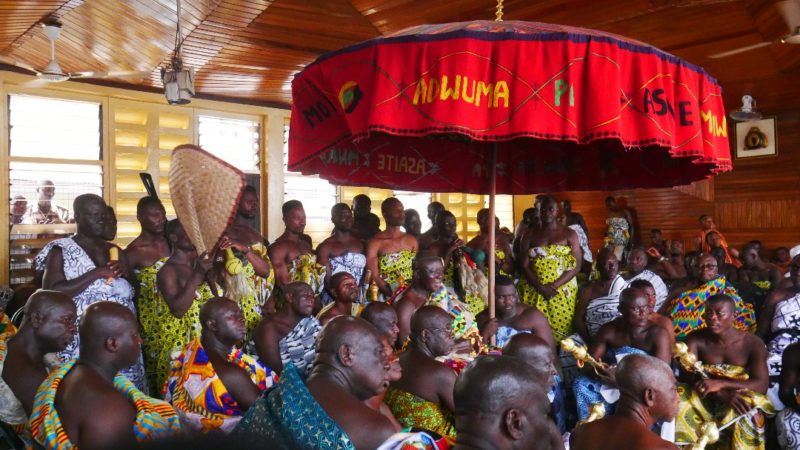
Read Also:
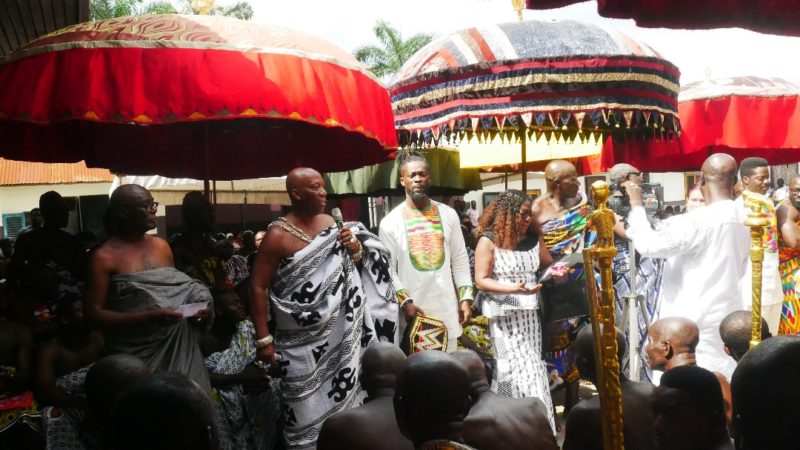
This festival coincided with Kofi Kingston’s visit to Kumasi, his place of birth. The WWE Champion had not travelled back to Ghana since 1993 when he was in the seventh grade. He said that this was the perfect time to come to Ghana during the “Year of Return” when he could connect with his roots and also encourage others in the diaspora to do the same.
The festival was a magnificent display of music, traditional dance and singing. Kingston was led to Manhyia Palace by the chief of his maternal hometown, Atwima Techiman. Atwimahene Nana Antwi Agyei Brembong II, introduced the WWE Champion to Asantehene and the durbar to the resounding sounds of cheers from the chiefs and the crowd.
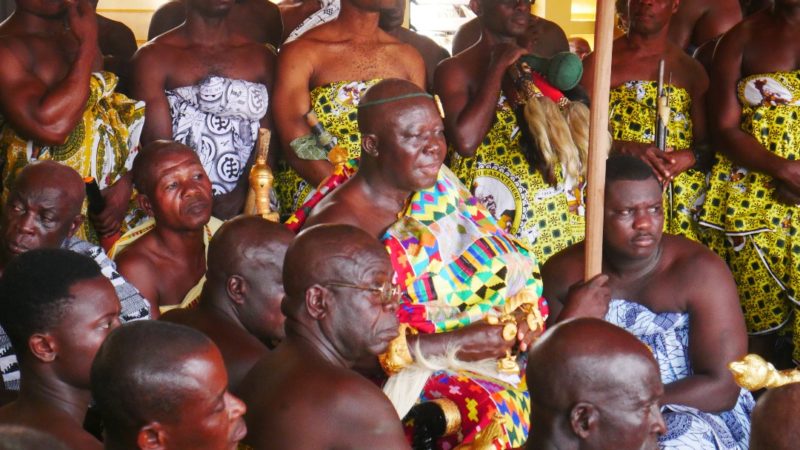
What an honour it was for him to meet the current ruler of the Kingdom of Ashanti. It’s a privilege many Ghanaians have yet to experience. Kingston showed his respect for the 16th Asantehene, by presenting him with a gift. It was a replica of his championship WWE Belt, which Otumfuo graciously accepted. His attendance at the festival wraps up his 4-day visit to Ghana. After all his experiences, it’s likely he won’t wait another 26 years to visit Ghana.
Written by Ivy Prosper
President Akufo-Addo: ‘The year of return’ for Black Stars AFCON glory
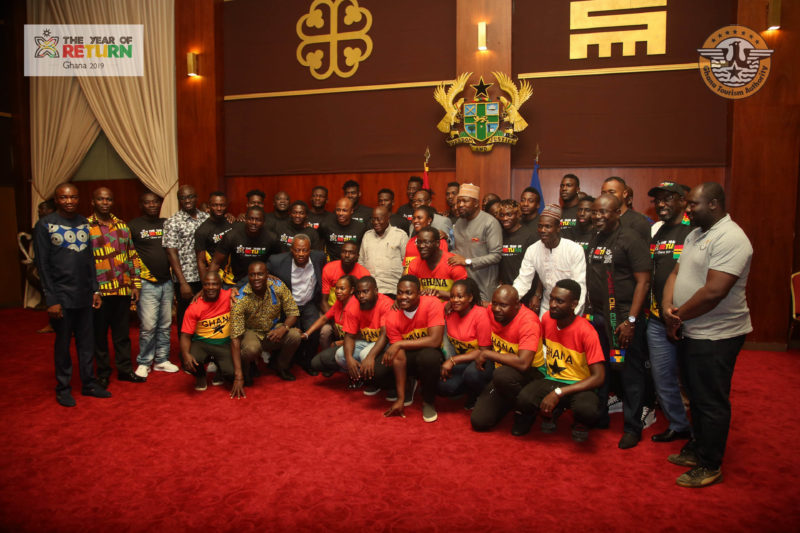
Ghana president Nana Addo Dankwa Akufo-Addo has urged the Black Stars to win the upcoming Africa Cup of Nations (Afcon) to honour the nations ‘Year of Return’ slogan.
The four-time champions are hoping to end a 37-year wait for a fifth title at the June 21 to July 19 championship in Egypt where they have been drawn against Cameroon, Benin and Guinea-Bissau in Group F.
The president was speaking at a dinner on Thursday as the team prepared to depart for camping in the United Arab Emirates on Saturday.
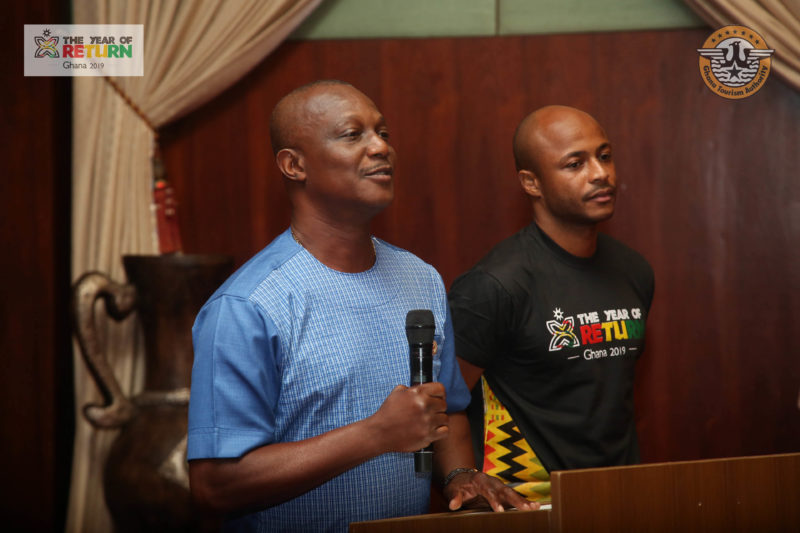
“Teamwork is at the heart of every success. Without it, you cannot succeed in football, and as it is, in every enterprise,” President Akufo-Addo stated, as published on the Government of Ghana website.
“Teamwork means all of you have to work for each other. Religious, ethnic and other divisions do not advance teamwork.
“You are the Black Stars of Ghana and it doesn’t matter whether you’re from Jamestown or Nalerigu or Walewale, you’re the Black Stars of Ghana.
“Helping each other to win is the sort of teamwork I’m talking about.
“So, your slogan, that is [Ghana’s] slogan of the year – ‘The year of return’. This indeed is the year of return.”
Ghana won the Cup of Nations in 1963, 1965, 1978 and 1982 after which they finished second in 1992, 2010 and 2015.
“You have to respect unreservedly the authority of the coach and the authority of the captain [Andre Ayew],” Akufo-Addo added.
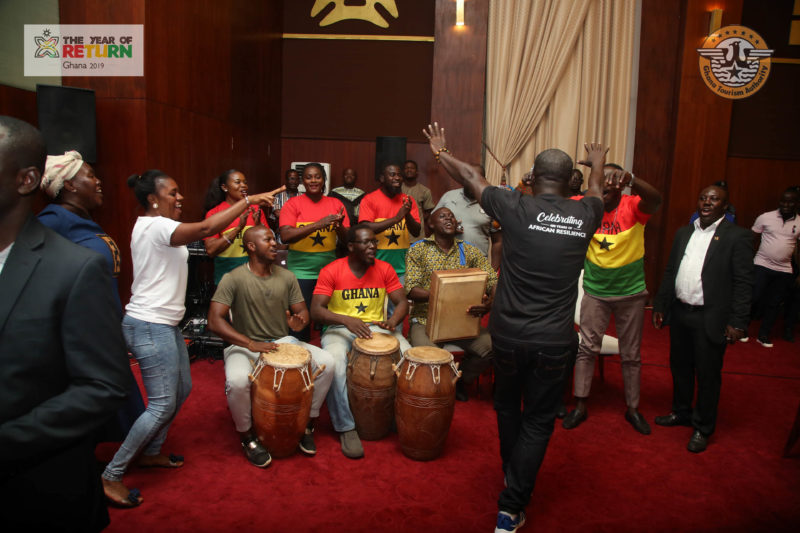
“That is basic rules, non-negotiable rules; if you don’t do it, everybody will be going their separate ways.
“If you do that, you cement the teamwork and you will become a cohesive forceful force.
“It is my intention to come and watch your first match [against Benin] on the 25th of June and if with God’s grace, which I believe He will give us, you make the final, I would come there as well to come and watch you.”
The ‘Year of Return’ is a national campaign urging all Ghanaians in the diaspora to make a trip to Ghana in 2019 to mark 400 years of the first enslaved African arriving in Jamestown, Virginia in the Americas.
Source: Yahoo Sports
WWE Champion Kofi Kingston Finally Makes His Visit to Ghana
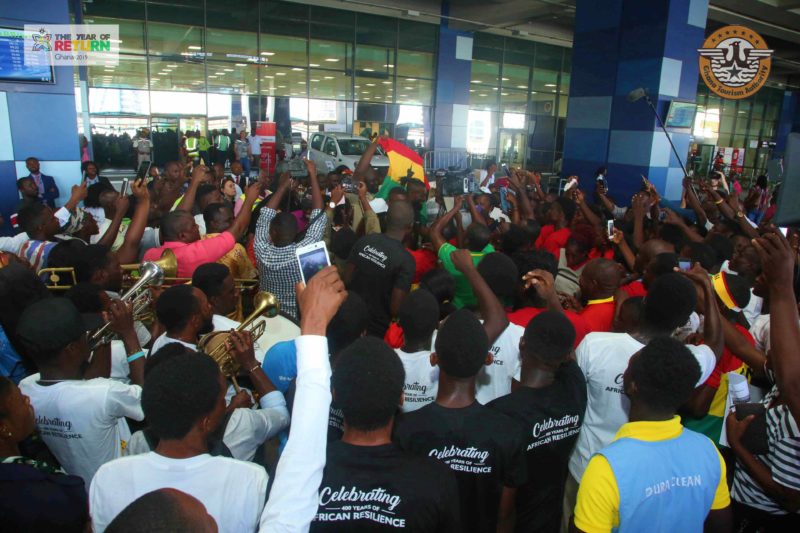
Kofi Kingston arrived in Ghana yesterday to a big celebration at Kotoka International Airport. Fans and students who couldn’t wait to see the WWE Champion celebrated through song and dance. Kingston joined in with the crowd dancing to the beat as the Ghana flag was draped over him with cheers from the crowd. Even Kotoka International Airport staff were following him taking selfies as he made his way through after customs.
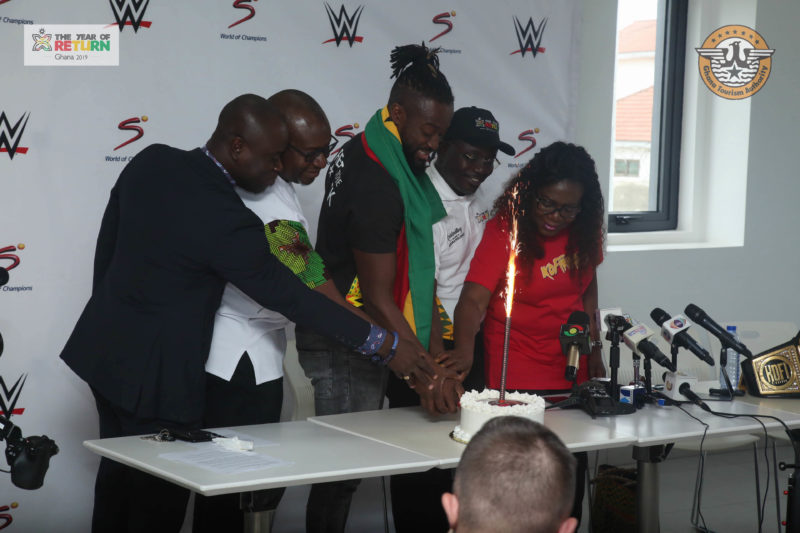
His mother, Dr. Elizabeth Sarkodie-Mensah, along with other family members were there to meet him and were equally overwhelmed with the big reception and couldn’t believe the crowd waiting for him outside the airport. This is his first trip back to Ghana since 1993 and he is eager to reconnect with his homeland. He said that one of his biggest regrets was not coming sooner. Kingston recounted the story of his father, who often travelled to Ghana and brought groups of students with him. He said that as a senior in high school, his priority was to find work rather than make a trip to Ghana.

He said once he was ready to come to Ghana, his hectic schedule has made it challenging to find the time. At the media press-conference, he said that sometimes things happen for a reason because he believes the stars were all aligned for him to make this journey to Ghana during the “Year of Return”. It’s an important time for people in the diaspora to come to Ghana.

He will be spending four days in the country, with time divided between Accra and Kumasi. His first day was jam-packed with a press conference, interviews with the media and a visit to the Jubilee House to meet President Nana Akufo-Addo.
He’s had an eleven-year career and has proven that with hard work, success is possible. “It was a matter of staying the course…. I’m here as living breathing proof that anything is possible.” Many who were seeing him for the first time, were surprised at how small he is, relative to the typical athlete in WWE. He often hears those remarks and said, “I’m not the tallest or the biggest person…but I had dreams and I believed in it.” His perseverance and level of commitment to living his childhood dream prove that success can be achieved with hard work. “Not many people on the planet can say they are living their dream, I’m doing that.”
Accra / May 30, 2019,/ Written by Ivy Prosper
WWE Champion Kofi Kingston Meets President Nana Akufo-Addo
After a full day meeting fans and doing press interviews, Kofi Kingston, the first African to win the WWE Championship, paid a visit to the Jubilee House to meet President Nana Akufo-Addo. It’s always an honour to meet the president, especially for someone who never imagined the level of success he has achieved. While patiently waiting for the president, Kingston expressed how incredible it was that he was about to meet the president of Ghana. It’s not anything he would have ever imagined as a young boy.
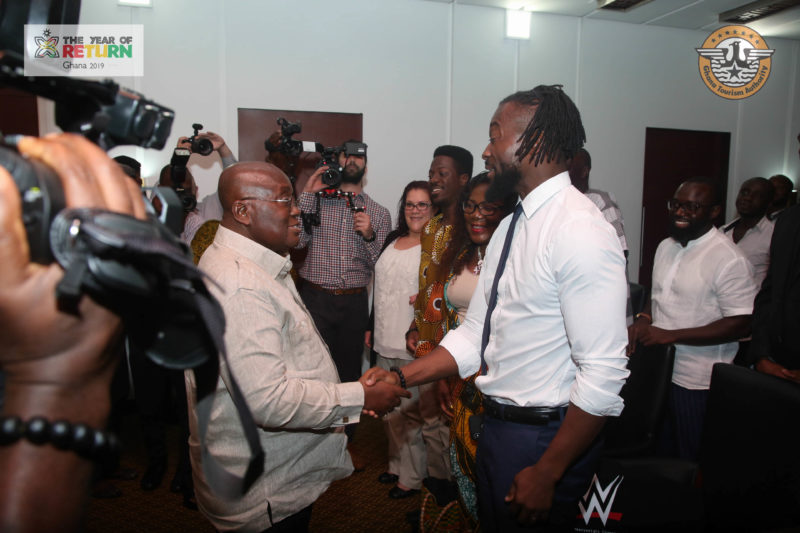
“If you’re able to achieve your dream there’s nothing more fulfilling,” Kingston said. When asked how he felt about the opportunity to meet the president, “I’m hoping that through this visit, people will know more about Ghana.” He hopes to work towards encouraging other Ghanaians in the diaspora to make a visit home. He expressed that one of his biggest regrets is not travelling with his father to Ghana while he was a senior in high school. His priorities were in finding a job rather than making the trip. It’s only later in life that he realises and appreciates the value in connecting to Ghana.
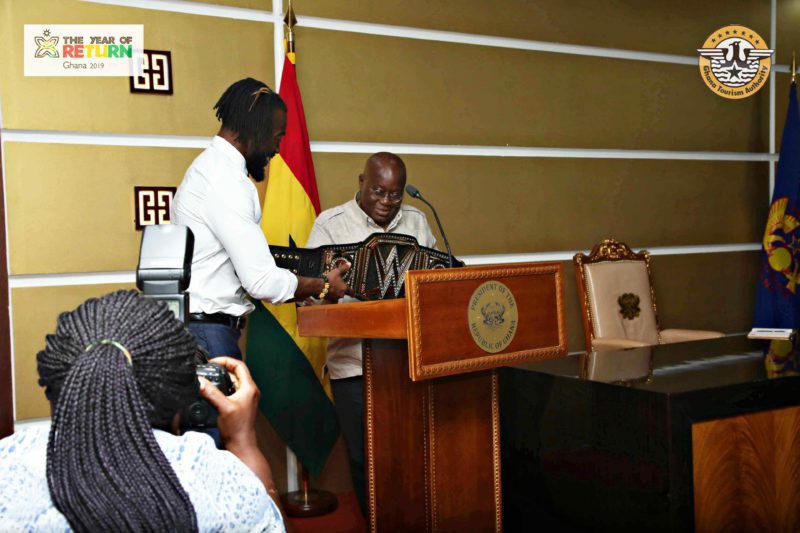
After a few formal greetings with presidential staff, President Akufo-Addo made his way into the room full of friends, family, WWE crew, members of the Year of Return team, Barbara Oteng Gyasi, Minister of Tourism, Arts & Culture, Akwasi Agyeman, CEO of Ghana Tourism Authority and Akwasi Ababio, Director of Diaspora Affairs. “We follow you on DSTV and I’m very proud to see the work that you’re doing, the success that you’re having it’s a good advertisement for Ghana, so keep it up,” Akufo-Addo said to Kofi. “You’re very welcome back, 26 years is a long time and I’m assuming it’s not going to be another 26 years.” The president went on to speak highly of Kinston’s mother, H.E. Dr. Elizabeth Sarkodie-Mensah, who is Ghana’s Permanent Delegate to UNESCO.
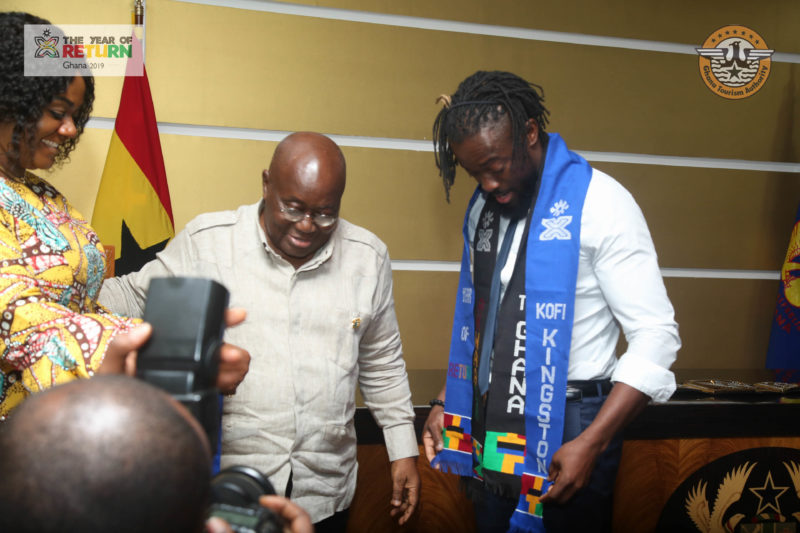
“I’m sure this visit will also touch the hearts of some young people in Ghana who will also one day want to become WWE champions,” the president said to Kofi. He presented the WWE champ with a gift; a handwoven Kente sash with his name embroidered. While Kofi presented the president with an honourary Championship belt.
Written by Ivy Prosper
Women in business and tourism call on the Tourism Minister, Hon. Barbara Oteng Gyasi
Executives of Women in Business and Tourism pay a Courtesy Call on Hon Minister of Tourism, Creative Arts and Culture to welcome her to her new role as the Minister of Tourism, Creative Arts and Culture. The Executive team was led by the President of Women in Business and Tourism Miss Eunice Ogbugo, the Vice President, Secretary, Treasurer, Organiser, Media and Publicity.

Members of the Group recently visited South Africa for Africa’s Travel Indaba and the Women in Tourism Dinner that was held there were members of Women in Business and Tourism from other SADC countries such as Botswana, Lesotho, Zimbabwe, Angola were present including Ghana and Nigeria representing West Africa.
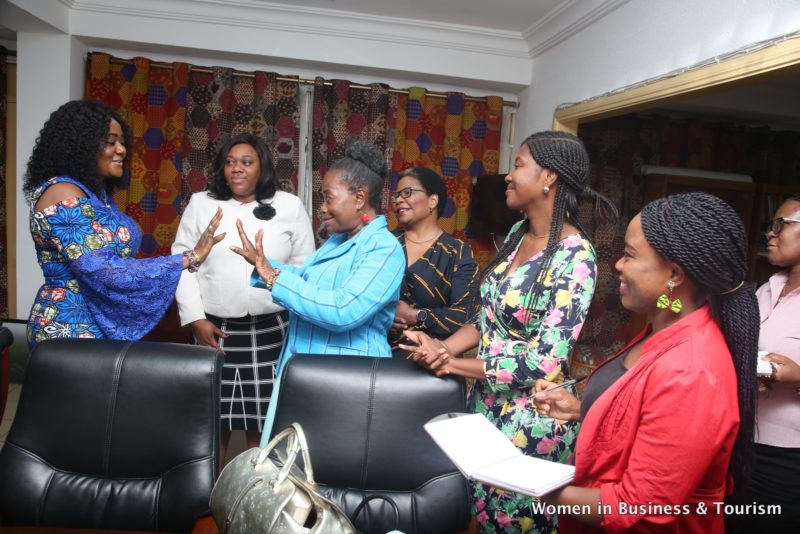 The Group informed the Honourable Minister of their plans to officially launch the Women in Business and Tourism Ghana Chapter and West Africa or Ecowas Chapter in Ghana on the 28th of June 2019 at which they have requested the presence of the Honourable Minister to give a keynote address as her Ministry is one of the umbrella ministries they work hand in hand with. The other Ministries the group works under are the Ministry of Business Development, The Ministry of Gender, Children and Social Protection, the Ministry of Trade and Industry. The Group also informed the Minister of the reason for the name Women in Business and Tourism because Tourism is multi-sectoral and works for hand in hand with various sectors such as construction, telecom, banking and finance, health and wellness, fashion industries, hospitality, beauty, agriculture, aviation, etc not forgetting the services such as law, accounting, etc etc. The President informed the Minister that their group comprised women owning companies or businesses in all these various sectors including the Tourism industry.
The Group informed the Honourable Minister of their plans to officially launch the Women in Business and Tourism Ghana Chapter and West Africa or Ecowas Chapter in Ghana on the 28th of June 2019 at which they have requested the presence of the Honourable Minister to give a keynote address as her Ministry is one of the umbrella ministries they work hand in hand with. The other Ministries the group works under are the Ministry of Business Development, The Ministry of Gender, Children and Social Protection, the Ministry of Trade and Industry. The Group also informed the Minister of the reason for the name Women in Business and Tourism because Tourism is multi-sectoral and works for hand in hand with various sectors such as construction, telecom, banking and finance, health and wellness, fashion industries, hospitality, beauty, agriculture, aviation, etc not forgetting the services such as law, accounting, etc etc. The President informed the Minister that their group comprised women owning companies or businesses in all these various sectors including the Tourism industry.
The main objective of the Group is to see to the ownership of Businesses by women, expansion of existing businesses from Small scale to large enterprises, diversification from one Business into other businesses or other business sectors or areas, and expansion beyond the borders of our various countries into other Africa Countries.
By: Kakra Kusi
Kofi Kingston’s Mother and Film Crew Visit Ghana Tourism Authority
Accra – May 29, 2019 / Written by Ivy Prosper
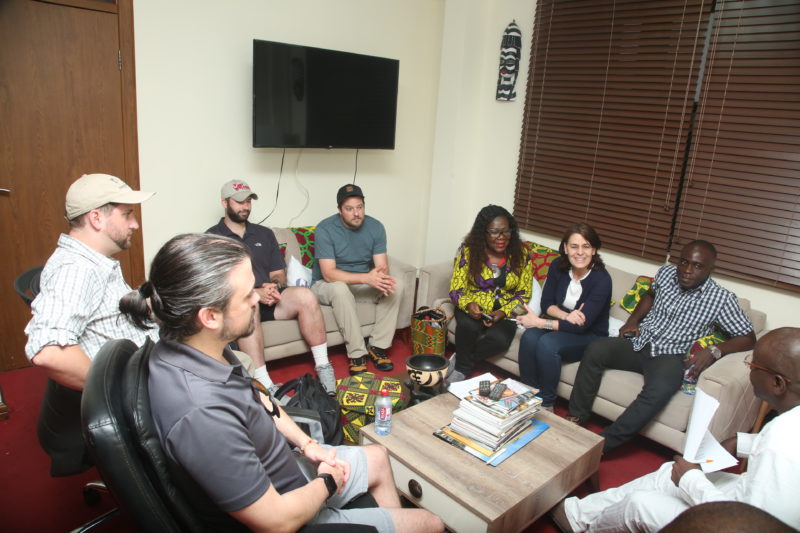
Kofi Kingston’s team, along with his mother, Elizabeth Sarkodie-Mensah, paid a visit to the Ghana Tourism Authority ahead of his arrival on 30th May 2019. In the surprise visit, Mr Akwasi Agyeman, CEO of Ghana Tourism Authority (GTA), introduced them to the “Year of Return” Secretariat and members of the GTA team.
It was a warm and unexpected visit as the production crew who will be filming Kingston in a documentary about his life and his homecoming journey to Ghana, extended their greetings to everyone. Discussions about Kofi Kingston’s itinerary were in order and preparations for what to expect over the next few days were also discussed.
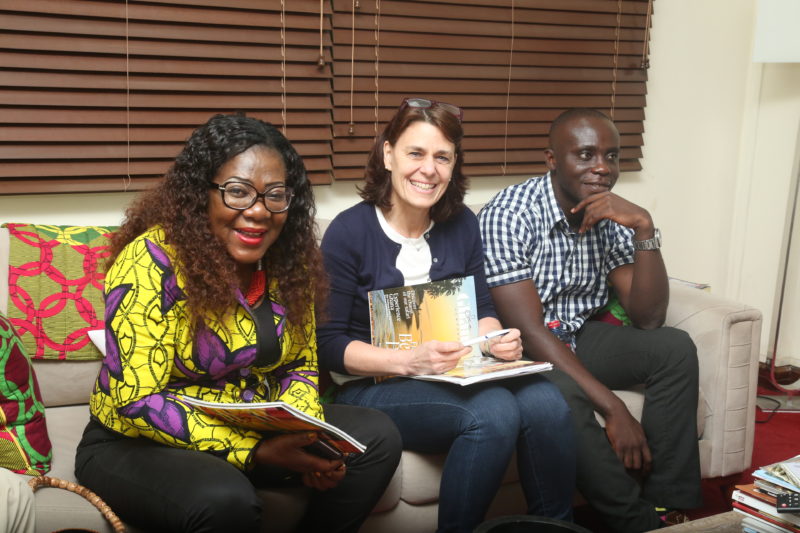
Kingston will be in Ghana from 30th May to 2nd June 2019. The WWE Champion hasn’t been to Ghana since 1993 and this trip is expected to be a bittersweet homecoming. When asked why his trip is only four days considering it’s been over 25 years since his last visit, “His schedule,” was the answer given by one of the film producers. His mother said she had hoped he would do seven days, but with his hectic schedule doing live events in different countries, getting four days free to travel was already a challenge.
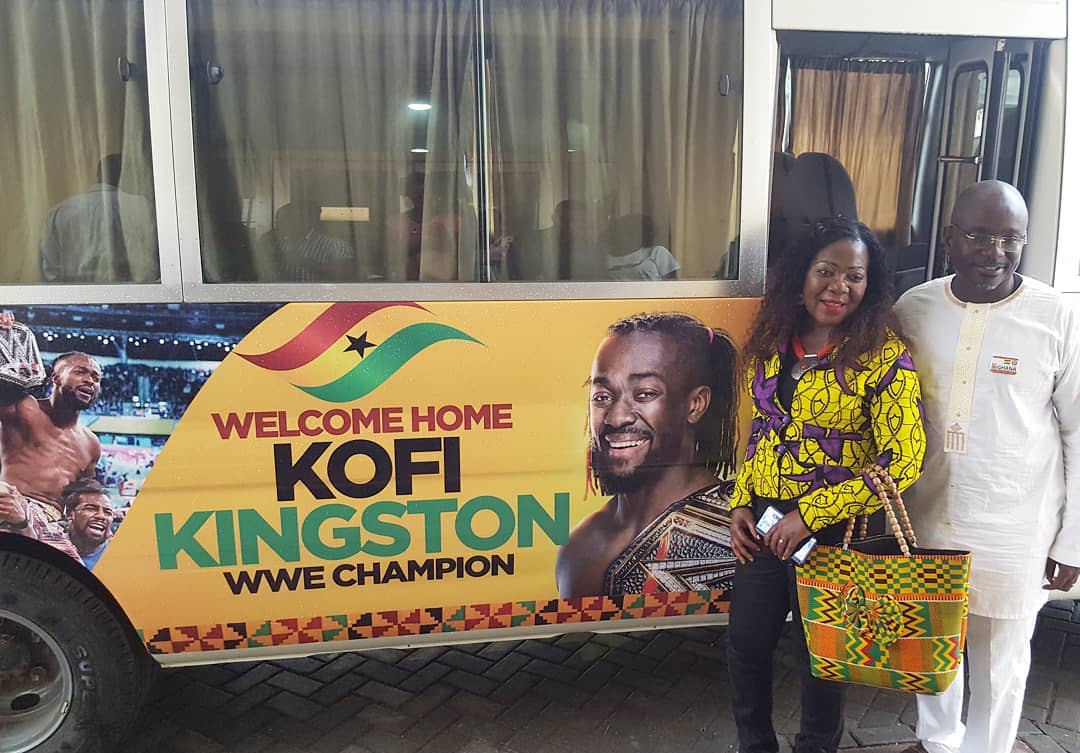
The next few days will be very exciting for both Kingston and the nation. He exemplifies the level of success many Ghanaians admire. His presence here will be significant because so many people of African descent living in the diaspora have longed to make the same journey. It may inspire many more to experience what Ghana has to offer.
Kofi Kingston Comes Home
Kofi Kingston
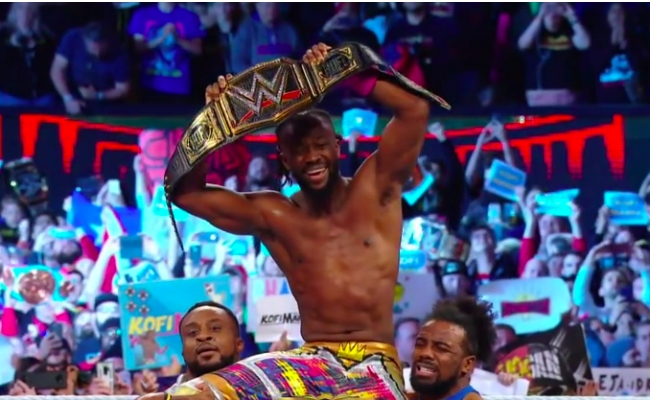
Ghana is gearing up to give a warm reception to the current World Wrestling Entertainment (WWE) Champion, Kofi “Kingston”. He has not been to his homeland of Ghana in 26 years. His arrival this week is going to be bittersweet. Especially with this year being declared, ‘Year of Return” welcoming all those of African descent to Ghana.
Kingston, who was born, Kofi Sarkodie-Mensah, will be on a four-day visit from Thursday 30th May 2019 to Sunday 2nd June 2019. He will be travelling with a film crew documenting his journey as a world champion, who returns home to his humble beginnings. His visit will include a trip to Manhyia Palace in Kumasi where he will pay homage to the current Asante King, Otumfuo Osei Tutu II. Kingston’s visit will also include a meeting with President Nana Dankwa Akufo-Addo.
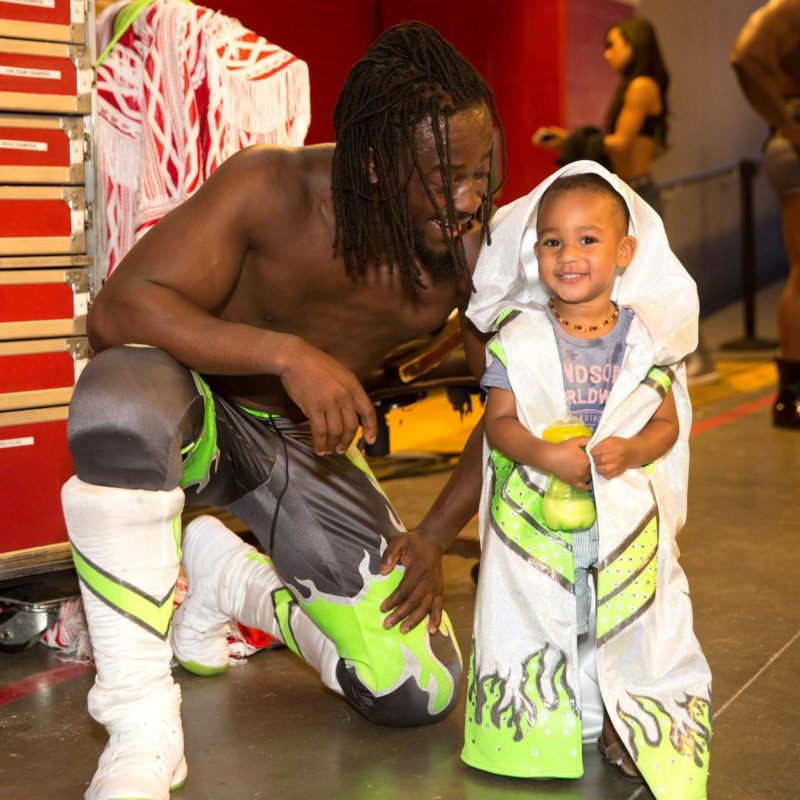
His journey through Ghana will also take him through some key tourist sites including the Christianborg Castle (Osu), Bonwire and Ntonso and Lake Bosomtwe. He’ll also make a visit to the Mother and Baby Unit at the Komfo Anokye Teaching Hospital.
Of course, like most Ghanaians, a visit to your family hometown is in order. Kingston will pay a visit to his paternal hometown Ejisu and to Atwima Techiman, his maternal hometown. His family members must be so proud and anticipating seeing him after all these years away. He certainly has made them proud of becoming the first African to ever win the WWE Championship title.
Expect to see him making the rounds on the media circuit in Ghana. Everyone is excited to see him and welcome him home to Ghana.

For the first time in History and African won the WWE Championship, and he’s from Ghana
The World Wrestling Entertainment Champion, Kofi “Kington” Sarkodie-Mensah comes home to Ghana for the first time in 26 years.
Media Partnerships
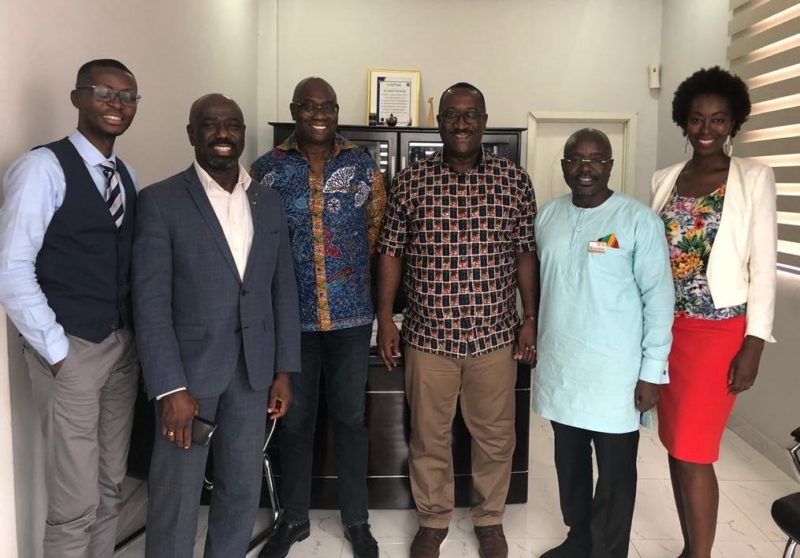
CitiTV and Graphic meetings
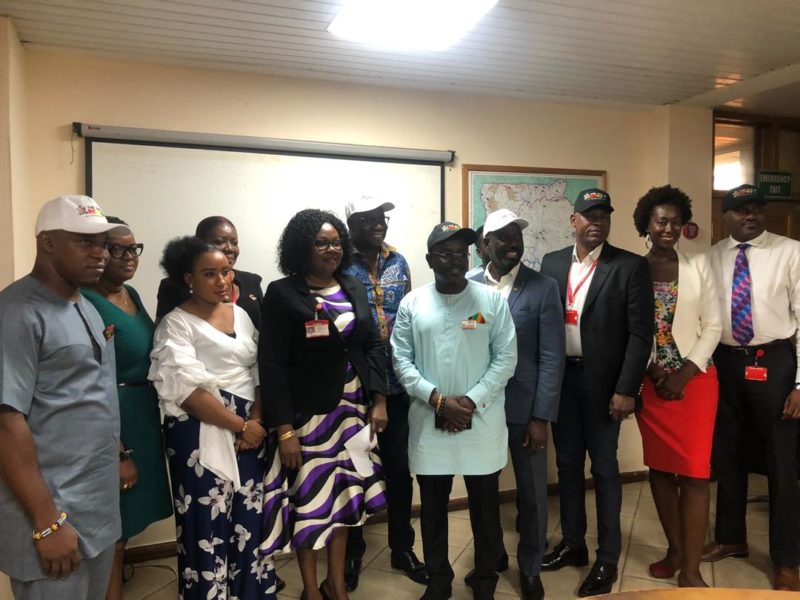
Since President Nana Akufo-Addo declared 2019 as the ‘Year of Return’ welcoming all those of African descent to make their birthright journey home to Ghana, there’s been a significant amount of positive response from those living in the diaspora. Just search the hashtag #yearofreturn and you’ll find so many images ope people who have made the trip to Ghana. Equally, there are several making plans to visit Ghana and celebrate the year of return. Travellers making the journey visit historical sites, attend events and gain a sense of reconnection with their ancestral roots.
Ask anyone in the diaspora about ‘year of return’ and most have heard about the commemoration of 400 years since the first documented slaves arrived in Jamestown, Virginia. But ask a local Ghanaian if they know what ‘year of the return’ is about and you’re often left with blank stares and a lack of knowledge about the entire year. With the few who are aware, something it’s a single climax event that is yet to come or that they already missed out on.
Speaking to a young man in Labone, who wished to remain nameless, he was asked if he knows about Year of Return. “No I’ve not heard about that,” he said. I explained to him that Year of Return When explaining what it is, he said he thought it was a good thing because by all means “the people who come back will feel like they are home.” He went on to say that he attended the TINA Fest but had no idea it was part of this year of return.
Forming strategic partnerships with local media will be key to getting local Ghanaians engaged in Year of Return Events.
Getting Ghanaians Involved in ‘Year of Return’ Events
Accra / May 27, 2019 / Written by Ivy Prosper

In September 2018, President Nana Akufo-Addo declared that 2019 would be ‘The Year of Return; to celebrate the resilience of African people and to mark the 400 years since the first documented ship with enslaved Africans arrived in Jamestown, Virginia, USA. It was an invitation to all those of African descent to make the journey back to the motherland. The Year of Return Steering Committee was created under the Ghana Tourism Authority to help celebrate and promote the year filled with activities that will attract visitors from around the world.

Since the launch of YOR festivities, there’s been a significant amount of positive response internationally. Just Google search “year of return” online and you’ll find several stories and social media images of people who have made the trip to Ghana. Equally there are many making plans to visit and celebrate the year of return. There are so many asking, “How do I move to Ghana?” “How can I travel to Ghana?” “Can I get citizenship in Ghana?” With all the buzz in the diaspora, the exact opposite is true within Ghana. Much of the general population is not aware of year of return.
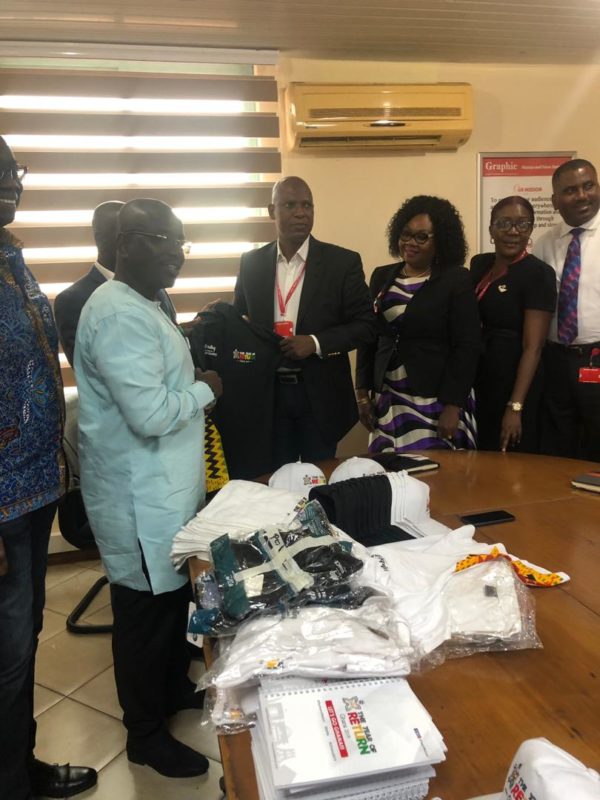
The Year of Return (YOR) Steering Committee, Ghana Tourism Authority and the Diaspora Affairs at the Office of the President, are committed to forming partnerships with local media so that Ghanaians are informed of activities and can prepare themselves to welcome our brothers and sisters from the diaspora as they make their journey to Ghana.
In speaking to a young man in Labone, who wished to remain nameless, he was asked if he knows about Year of Return. “No, I’ve not heard about that,” he said. I explained to him the desire of people of African descent to make a journey back to their roots and that the president made the declaration last year in Washington, D.C. He said he thought it was a good thing for people to come because “By all means the people who come back will feel like they are home.” In telling him about past YOR events, he admits having attended TINA Fest in January, but he had no idea it was part of the year of return.
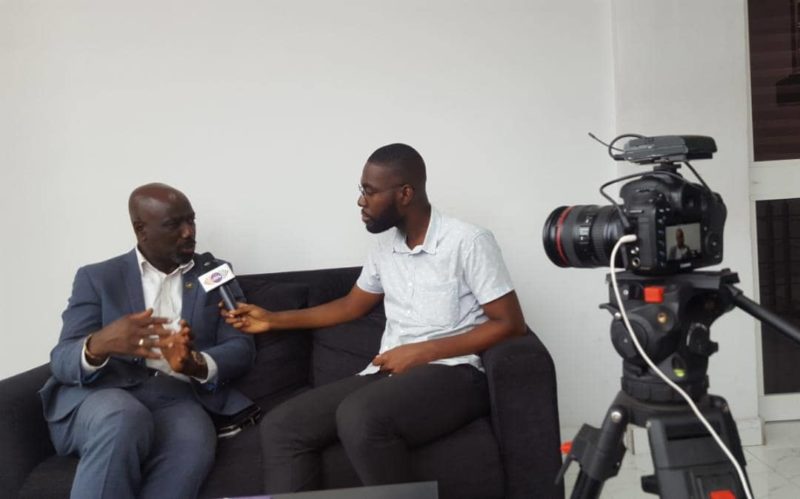
How Do We Make Ghanaians More Aware?
Mr. Akwasi Ababio, Director of Diaspora Affairs at the Office of the President and Chairman of the Year of Return Steering Committee and the Vice Chair of the Committee, Mr. Gaddy Laryea together with Mr. Akwasi Agyeman, CEO of Ghana Tourism Authority, and Coordinator for the Committee as well as other members of the YOR Steering Committee, recently paid a visit to some media houses. Their first point of call was the Graphic Communications Group Limited, where they met with Managing Director, Mr. Ato Afful and his team. Discussions were centred on how they can support promotional efforts through their various media channels. With platforms like The Mirror, Daily Graphic and Showbiz, reaching the mass population in Ghana, this partnership would most certainly see results.
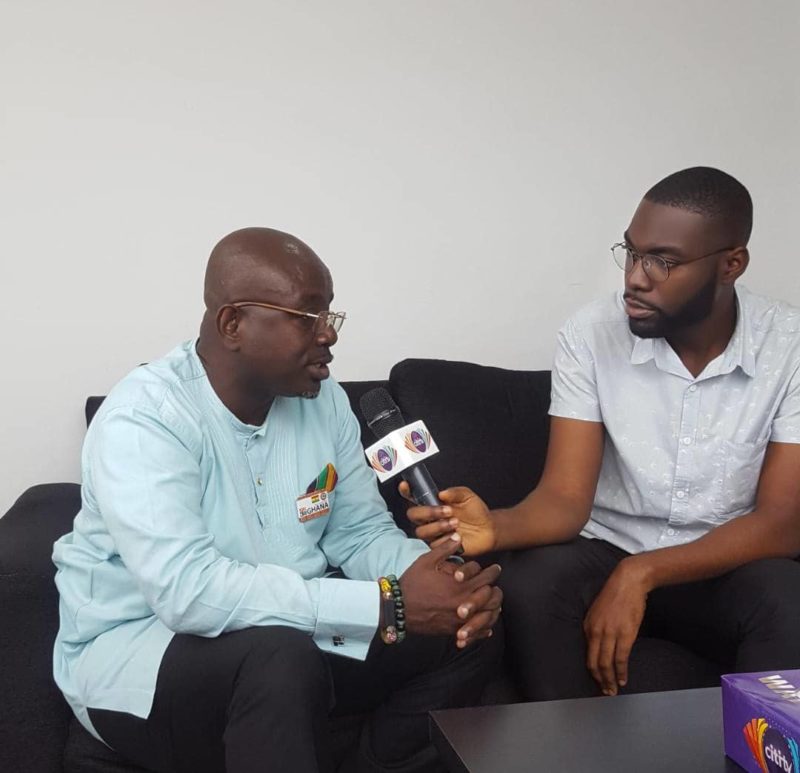
The team also met with Managing Director of CitiTV, Mr. Samuel Attah-Mensah. Their goal was to initiate a dialogue about how they can work together to publicise events related to the year of return using radio and television platforms. It was a positive meeting that left the team feeling confident about engaging the community about how they can also participate in the events throughout the year. A commitment was made to communicate on both radio and television about upcoming events and show the local population how they can also be involved in the year of return.
To learn more about Year of Return, visit the website at www.yearofreturn.com
About Year of Return
The “Year of Return, Ghana 2019” is a major landmark marketing campaign targeting the African – American and Diaspora Market to mark 400 years of the first enslaved African arriving in Jamestown Virginia. The Ghana Tourism Authority (GTA) under the Auspices of the Ministry of Tourism, Arts and Culture is leading the project in collaboration with the Office of Diaspora Affairs at the Office of the President, the Panafest Foundation and the Adinkra Group of USA.
The Year of Return seeks to make Ghana the focus for millions of African descendants reacting to their marginalisation by tracing their ancestry and identity. By this, Ghana becomes the beacon for African people living on the continent and the diaspora.
The United States Congress recently passed an Act H.R. 1242 – 400 Years of African-American which is a historically significant milestone. Ghana’s unique position as the location for 75 per cent of the slave dungeons built on the west coast of Africa and the current President’s policy of making it a national priority to extend a hand of welcome back home to Africans in the diaspora cannot be overemphasised.
There are still numerous imposing European forts and castles harbouring harrowing reminders of an intense and complex history of the Trans-Atlantic slave trade in our land over centuries. This on its own has made Ghana the focus for millions of African descendants reacting to their marginalization by tracing their ancestry and identity.
However, even more, important is the recognition of Ghana as a beacon of hope for African people living on the continent and in the Diaspora. This status was earned not by coincidence but by conscious efforts to validate the struggles, strengths and linkages between African descendants on a Pan-African scale.
GTA to embark on nationwide enforcement exercise
The Ghana Tourism Authority (GTA) will embark on a nationwide enforcement exercise beginning 3rdJune, 2019 to clamp down on all illegal tourism enterprises.
All operators of unlicensed establishment who fail to regularise their operations on or before 2ndJune, 2019 will have their establishments closed down and sanctioned.
Tourism enterprises are therefore advised to contact any GTA Regional Office or the Head Office on 0302682601 and on email: corporateaffairs@visitghana.com
Tourism Enterprise operators are encouraged to willingly approach the GTA to have their licensing process regularised or completed before the enforcement exercise begins.
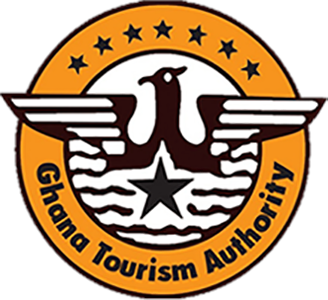

 Call Center
Call Center
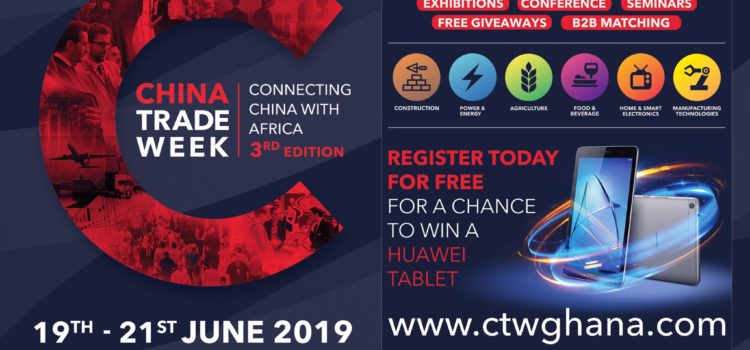
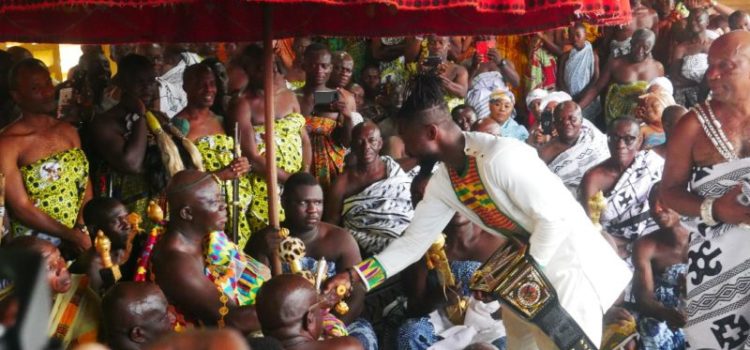
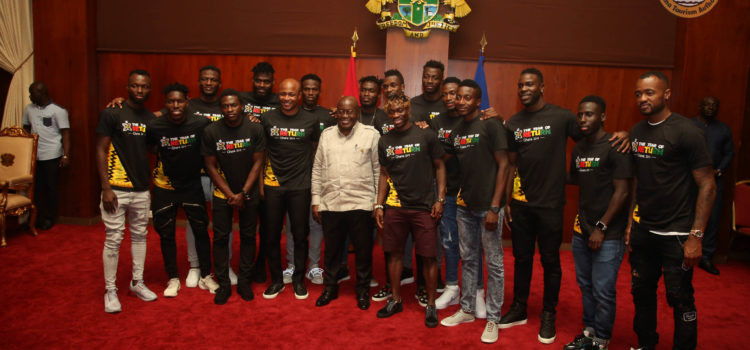
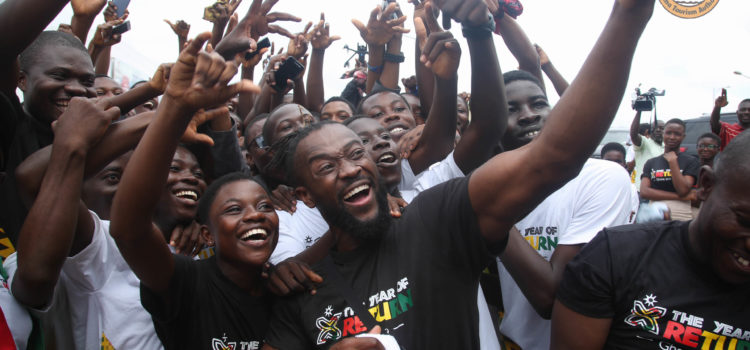
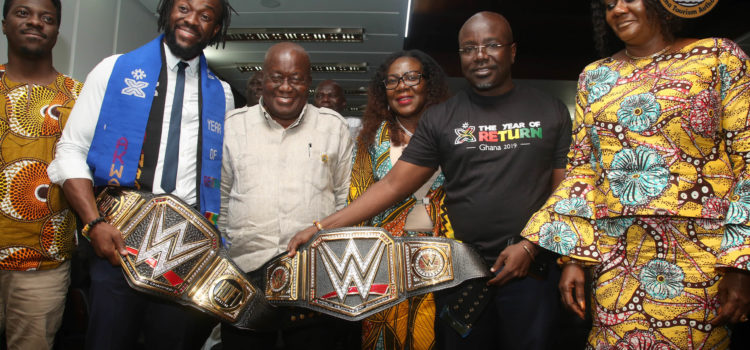
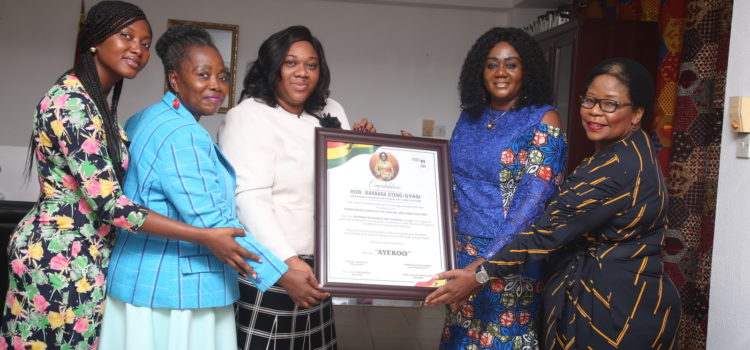
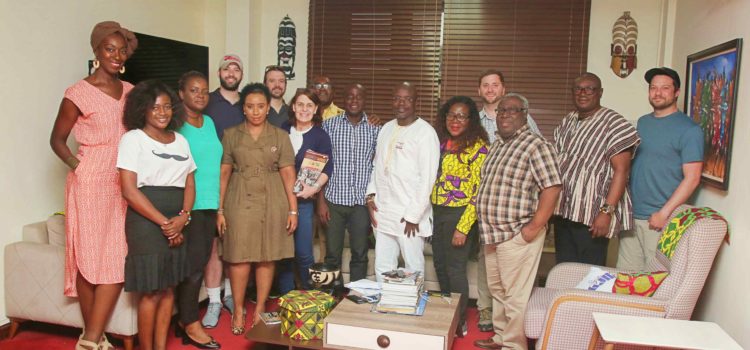
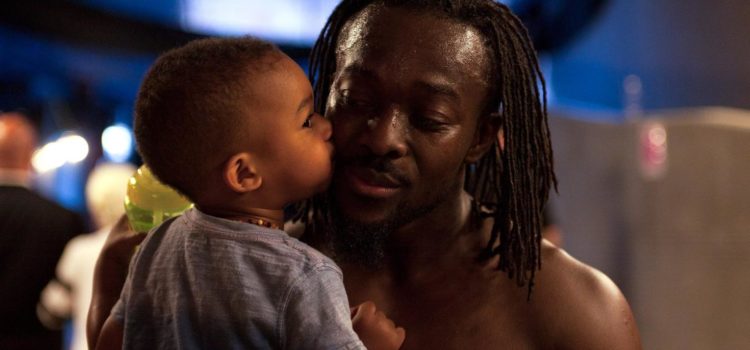
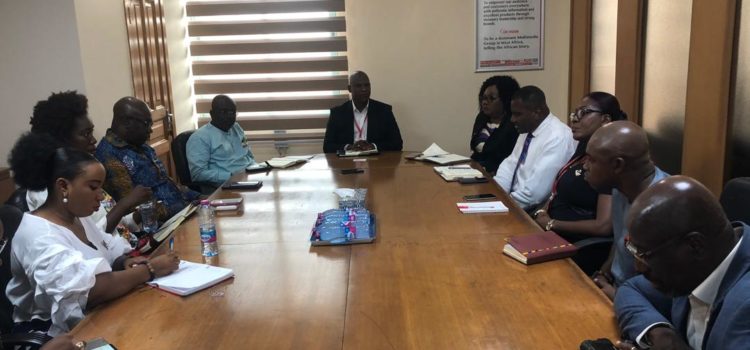
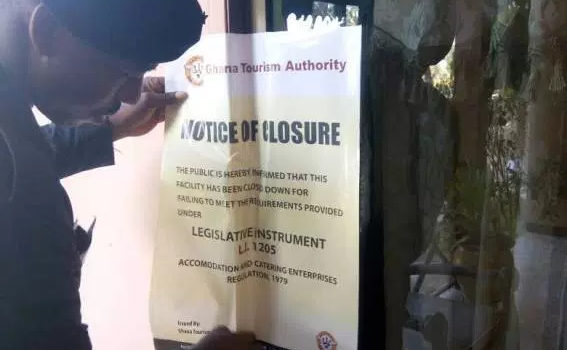
 Call Center: 0307007100
Call Center: 0307007100